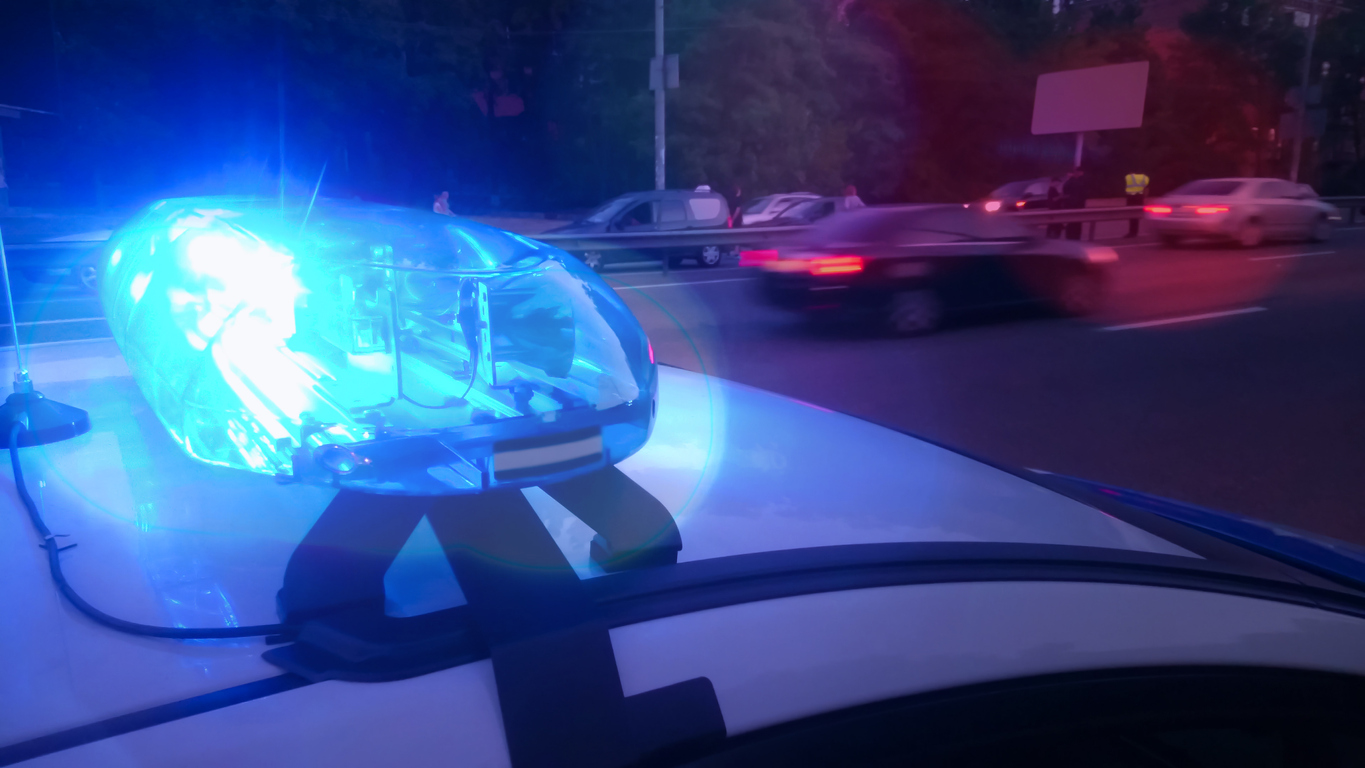Driving under the influence of alcohol has long been understood as illegal. But what many may not know is that in North Carolina it is also illegal for someone to transport an open container of any alcoholic beverage in the passenger area of the vehicle while the vehicle is parked or being driven on a public roadway. Under North Carolina law, an open container is one in which the seal is broken. The passenger area of a vehicle is any area in which someone sits and any area within the reach of a person who is seated in the vehicle. For example, the passenger area would not only include the front passenger seat, but also the glove compartment.
This law also pertains to both drivers and passengers of the vehicle. It’s important to understand that there is no law against transporting an unopened (closed) container of alcohol. Put simply, you can’t bring your open bottle of wine home from your favorite BYOB restaurant, but you can bring home an unopened bottle of wine that you purchased from the liquor store.
Any open containers must be kept in areas of the vehicle that are inaccessible, such as the trunk or a locked area. If the vehicle does not have a trunk, open containers are legally allowed to be transported in the area behind the back seats.
It’s also important to understand the beverages to which this rule applies. Such alcohol beverages this rule pertains to include:
- Fortified and unfortified wine;
- Spirituous liquor (hard alcohols such as vodka and tequila);
- Malt beverages; and
- Mixed beverages.
Are There Any Exceptions to the Law?
It should be noted that there are, in fact, a couple of exceptions to North Carolina’s open container law. The exceptions include having alcohol:
- In the living quarters of a motor home or house vehicle; or
- In the passenger areas of taxis, limos, buses, and other vehicles-for-hire.
What Are the Consequences?
The penalties someone faces for an open container violation are dependent upon the specific facts of each case. Depending upon the circumstances, a violation could be considered a misdemeanor or an infraction.
Infractions, which are non-criminal violations in which the offender cannot be arrested, occur when a driver or passenger is in possession of an open container (and the driver does not have alcohol in his or her system and is not consuming it). Infractions result in a maximum fine of $100 plus costs.
An open container misdemeanor, on the other hand, is issued when a driver is consuming alcohol or has it in his or her system while also transporting an open container. Such an offense is considered a Class 3 misdemeanor, with a subsequent offense being considered Class 2. Those charged with Class 3 misdemeanors will face up to 20 days in jail, while those with a Class 2 misdemeanor may face up to 60 days. For many individuals with a Class 2 misdemeanor, they will receive a fine and probation if convicted.
If a driver is charged with a misdemeanor open container offense, they will also likely be subject to North Carolina’s implied consent laws and must submit to a breath or blood test. Those who refuse to take the test or who test with a BAC of .08% or higher will likely have their license revoked (6-month- and one-year-required revocation for second convictions and third or subsequent convictions respectively.)
Additionally, open container violations are considered to be moving violations in North Carolina and the state DMV will potentially assess points against the driver’s license.
The Attorneys at Hancock Law Firm, PLLC Help Those in North Carolina Who Have Been Charged with a Crime
It can be incredibly scary to be arrested, and even more frightening to learn that you are going to be prosecuted under the criminal justice system. Not only the outcome of the case, but the experience itself can have a major impact on your life. That is why it is in your best interest to consult with a knowledgeable and experienced criminal defense attorney as soon as possible.
At Hancock Law Firm, PLLC, we fully understand what is at stake and will do everything that we can to help you to fight these charges and obtain the best possible outcome. To learn more or to schedule a free consultation, contact us today!


